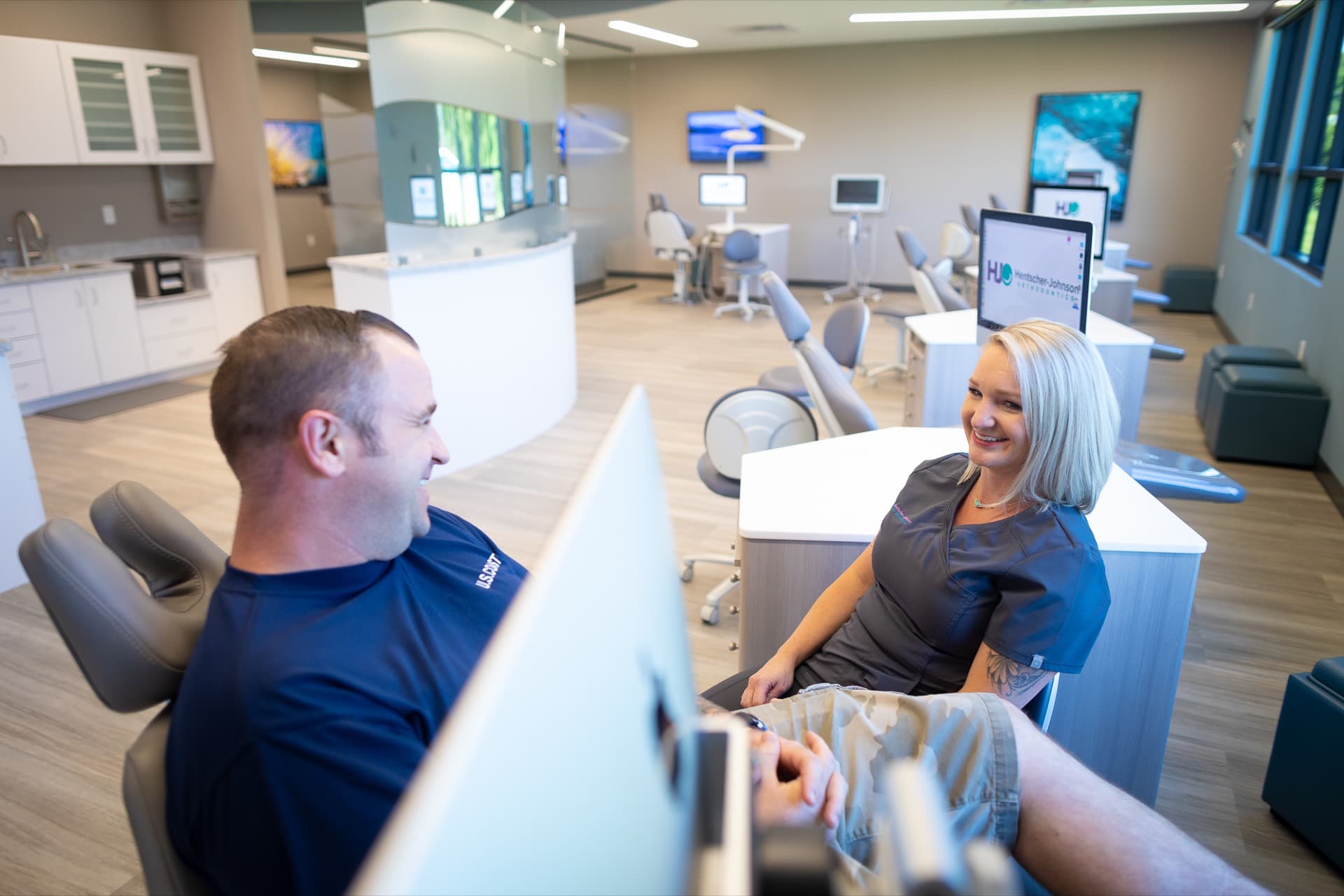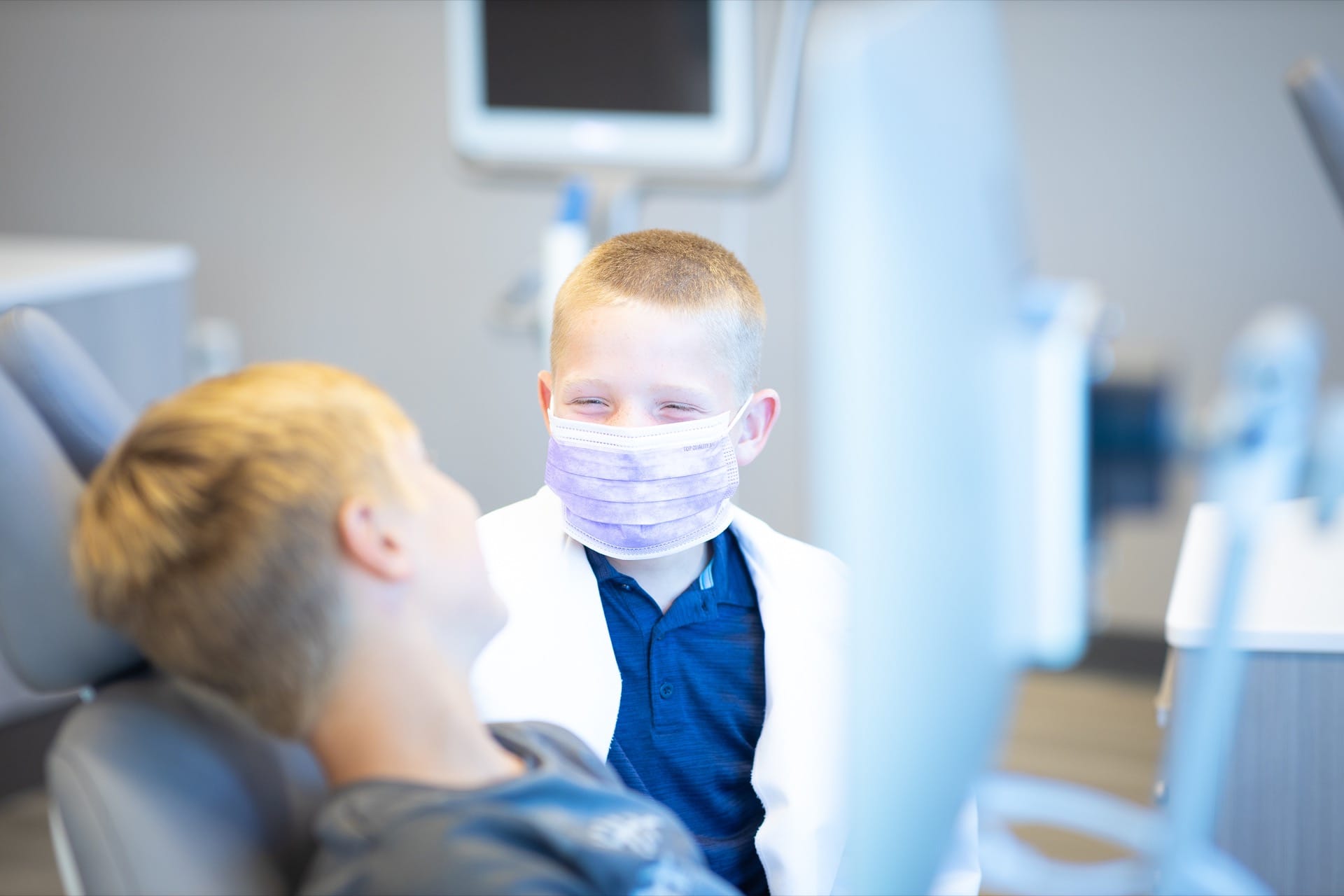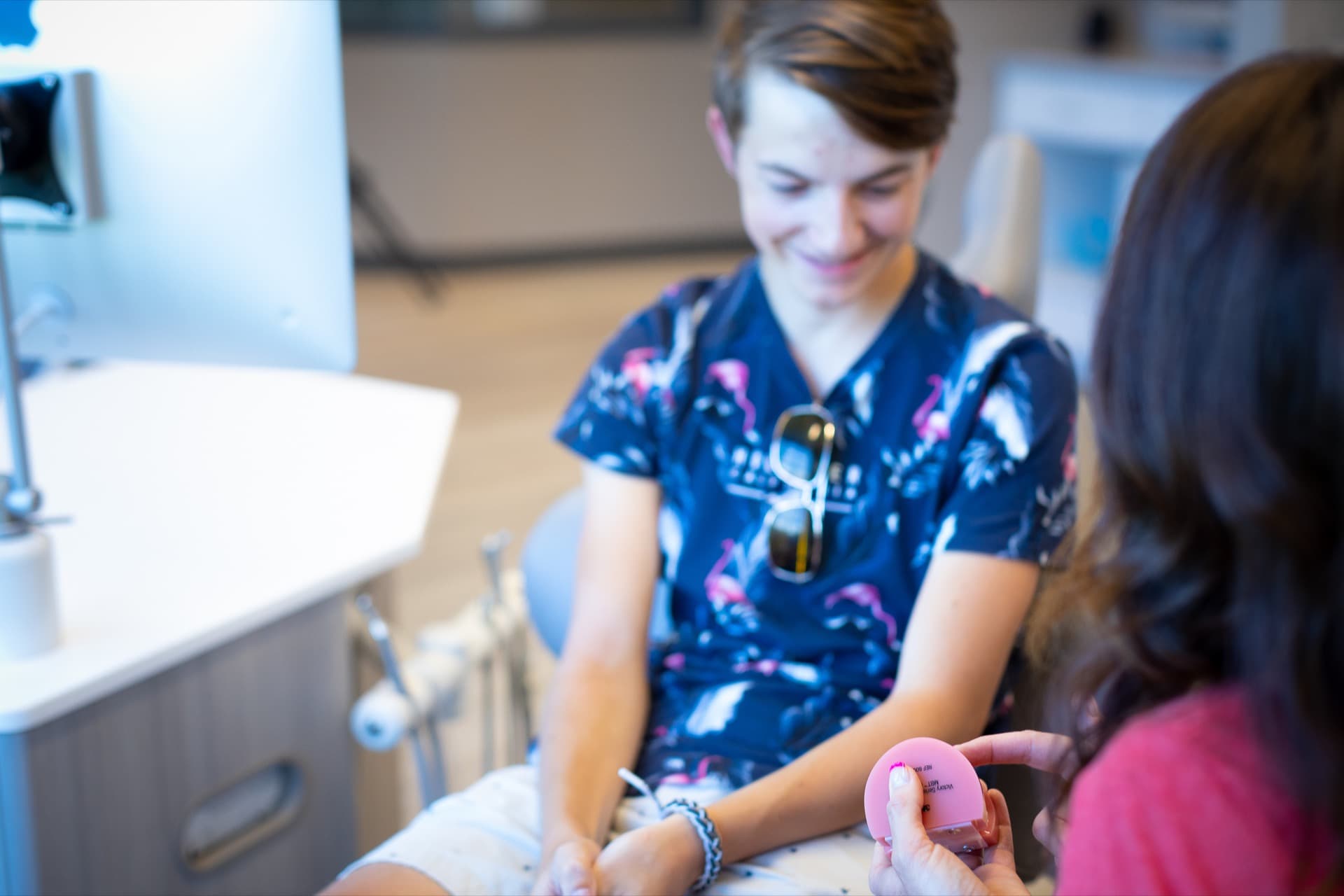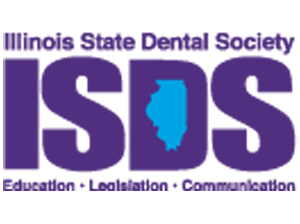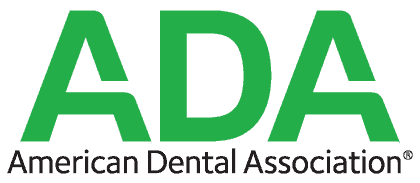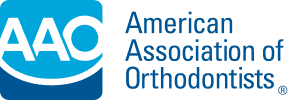Signs You Have Sleep Apnea and How Orthodontics Can Help
“Why do I wake up still feeling tired?” “Why do I wake up gasping for breath?” “Why do I snore?” You may not think these are orthodontic questions, but orthodontics may be the solution. These are common symptoms of sleep apnea, and orthodontics can help.
Orthodontics is much more than just braces and clear aligners. Your orthodontist can also provide special mouthpieces that reduce sleep apnea, including those who didn’t get relief from CPAP machines. Hentscher-Johnson Orthodontics in Columbia, IL, can help you with your sleep apnea.
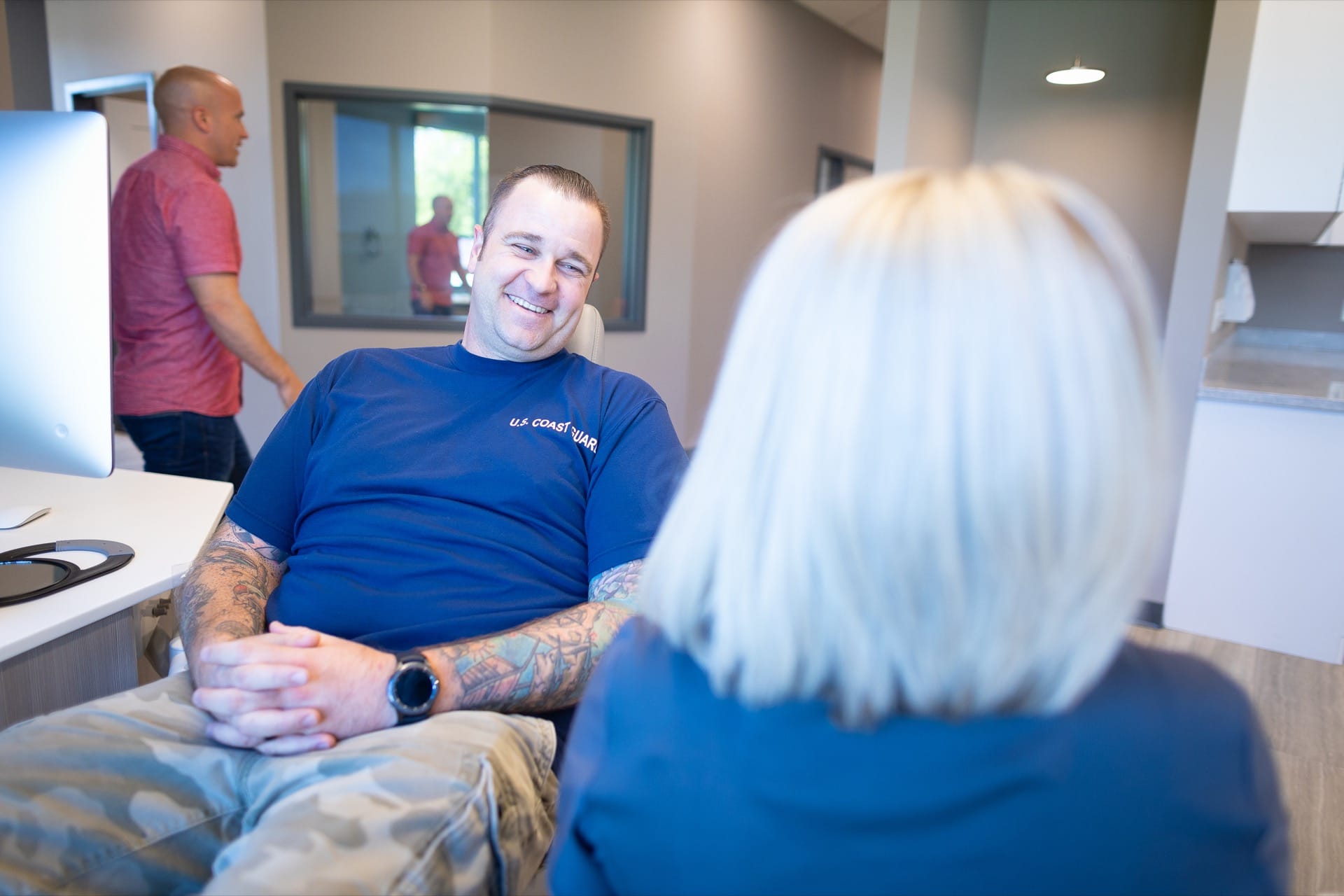
What Is Obstructive Sleep Apnea?
Obstructive sleep apnea occurs when the throat muscles relax and block the airway during sleep. Other airway obstructions can occur, too, such as the tongue slipping back too far.
The obstruction can pause breathing and reduce oxygen in the blood while building up carbon dioxide. The imbalance triggers the brain to wake you partially and correct the problem by adjusting and breathing correctly again. However, this cycle can go on several times throughout the night, often without the patient realizing it.
Patients with sleep apnea reportedly experience snoring, choking, gasping, or pausing breathing during sleep. Other symptoms of obstructive sleep apnea include:
- Waking with headaches
- Waking up tired
- Waking frequently during the night
- Snoring
- Napping or feeling sleepy during the day
- Concentration problems
- Mood swings
- Difficulty controlling hypertension, diabetes, or other medical conditions
- Lack of non-restorative sleep
Obesity is also listed as a symptom of sleep apnea, but it’s also considered a cause. Doctors believe the excess weight can restrict the airway during sleep. Doctors also believe that fatigue caused by sleep apnea can lead to lethargy and obesity. Sleep apnea can also cause cardiovascular issues, such as high blood pressure and other health conditions in the long term.
Can you have sleep apnea without snoring? Yes, it’s possible. It’s also possible to snore without sleep apnea.

How Do I Know I Have Sleep Apnea?
Orthodontists alone can’t diagnose sleep apnea. Sleep apnea is best diagnosed with a sleep study. You need to consult a doctor or sleep specialist, who may recommend treatment with a Continuous Positive Airway Pressure (CPAP) machine or an orthodontic appliance.
Dental insurance doesn’t cover sleep apnea treatment with orthodontic appliances. Instead, it’s covered through medical insurance, which is another reason to consult a doctor and sleep clinic first.
Can TMJ Cause Sleep Apnea?
TMJ stands for “temporomandibular joint,” the connection between the lower jaw and the skull. This joint can become inflamed or deformed if the teeth are misaligned. This can lead to temporomandibular joint disorder, called TMD or often just TMJ.
TMJ can cause headaches, neck aches, jaw pain, and snoring. The shifting of the lower jaw can also obstruct the airway, which can cause sleep apnea. TMJ is often treated with braces treatment to realign the jaw and teeth and reduce TMD. This can also reduce sleep apnea in TMD patients.
Can Overbite Cause Sleep Apnea?
An overbite can narrow your jaw, thereby narrowing your airway. The deeper the overbite, the more narrowing of the jaw takes place. So, it is possible for an overbite, particularly a severe one, to cause sleep apnea.
In these cases, orthodontic treatment with braces or Invisalign can help reduce sleep apnea.

Orthodontic Appliances for Sleep Apnea
Several airway orthodontic appliances are available as sleep apnea treatment options. Oral Appliance Therapy (OAT) is an effective treatment for sleep apnea patients, especially those who can’t tolerate a CPAP machine. These appliances resemble mouthguards and slide over the teeth.
The most common oral devices include Mandibular Advancement Devices (MAD), which move the lower jaw forward to keep the airway open. There are several types of MAD devices, including the Thornton Adjustable Positioner (TAP) device, which allows you to choose how far forward the jaw is moved.
A Tongue Retaining Device (TRD) is another type of sleep apnea device. This one holds the tongue in place to keep it from slipping backward and blocking the back of the throat.
Some of the more common sleep apnea appliances include:
- Narval – A biocompatible nylon device customized using high-tech software and 3D printing to create a device that fits your teeth and holds your lower jaw forward. It’s used to treat snoring and mild to moderate sleep apnea.
- Herbst – A device used to realign jaws for orthodontic treatment is also used to keep the lower jaw forward and treat sleep apnea. The acrylic bite plates slide over the teeth, and metal rods hold the jaws in the correct positions. The device realigns the lower jaw to its proper position.
- EMA – The Elastic Mandibular Advancement device moves the jaw forward and holds it open slightly to clear the airway. The bite plates are connected with elastics of various strengths so that the device can be customized.
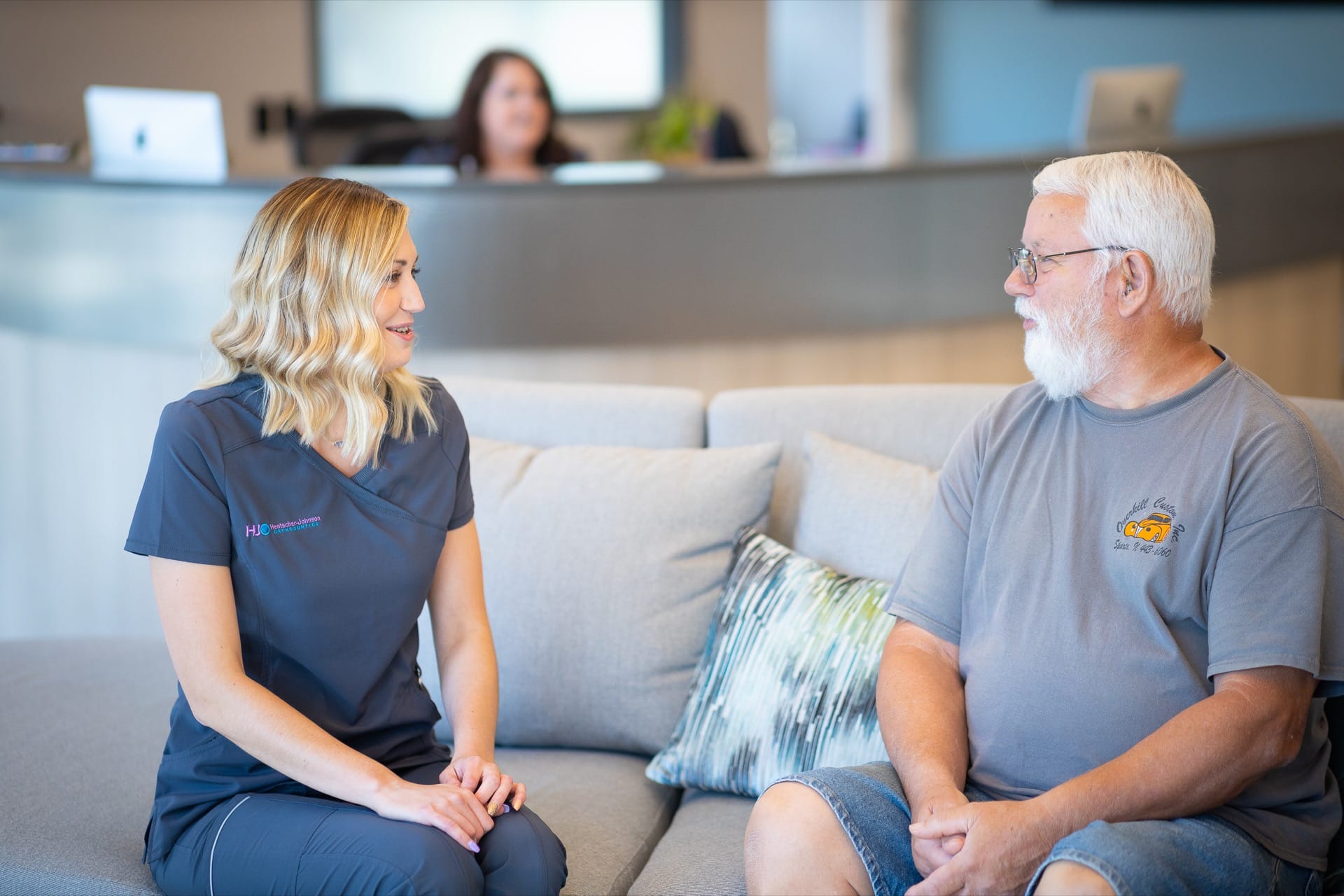
Can Sleep Apnea Be Reversed?
Sleep apnea is a chronic condition, so it’s considered treatable but not generally curable. In rare instances, surgery can improve breathing and reduce sleep apnea. This can be surgery to open nasal passages, realign the lower jaw, or remove soft tissue such as tonsils. Usually, this is only considered in extreme cases.
There are things people can do to improve their sleep apnea. These include:
- Treat orthodontic issues: Treating orthodontic problems such as misaligned jaw, overbite, or deep bite can open the airway and reduce sleep apnea
- Sleeping with your head elevated: Elevating the body can help keep the airway open.
- Lose Weight: Weight loss can reduce the pressure on the airway and allow it to open more.
- Don’t sleep on your back: Sleeping on the back causes the tissue and tongue to fall backward, blocking the airway.
- Don’t smoke: Studies show that those who smoke are three times more likely to have sleep apnea because smoking irritates the airways and causes them to swell
- Take care of your allergies: Those with allergies already deal with nasal congestion and inflammation, which can make sleep apnea worse.
- Avoid alcohol, particularly right before bed: Alcohol works as a sedative on the nervous system, which can exacerbate the symptoms of sleep apnea.
Sleep Apnea Treatment in Columbia, IL
Do you have sleep apnea? The first step is to consult with your doctor. If you are diagnosed with sleep apnea and want to know how to treat sleep apnea without a CPAP, schedule an appointment with Hentscher-Johnson Orthodontics. We can offer alternatives to CPAP treatment for sleep apnea. You deserve to have a good night’s sleep!

